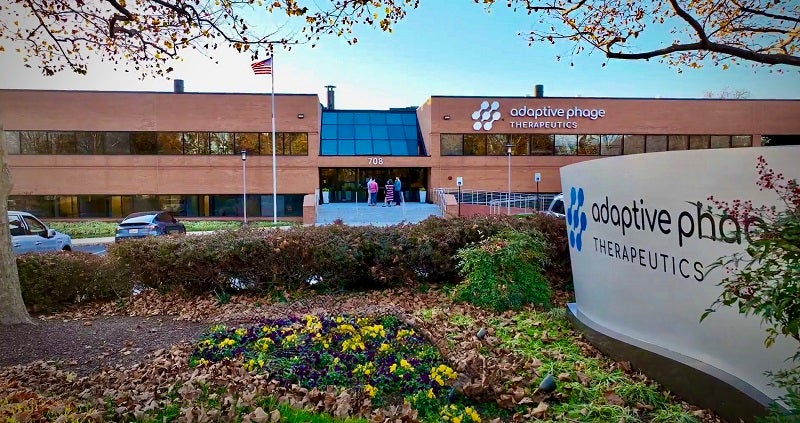
Biotechnology company Adaptive Phage Therapeutics has dosed the first participant in the PHAGE clinical trial of bacteriophage therapy in cystic fibrosis (CF)-related respiratory infection adult patients.
The trial has been designed for evaluating the safety and microbiological activity of bacteriophage therapy, WRAIR-PAM-CF1, in CF patients colonised with pseudomonas aeruginosa in their lungs.

Discover B2B Marketing That Performs
Combine business intelligence and editorial excellence to reach engaged professionals across 36 leading media platforms.
It will also assess whether WRAIR-PAM-CF1 is able to reduce the bacteria amount in the participants’ lungs.
A total of 72 CF patients who chronically harbor P. aeruginosa in their respiratory tracts are anticipated to be enrolled at multiple sites across the country.
In the trial, the participants will receive WRAIR-PAM-CF1 as a single IV infusion at one of three dosage levels.
The Antibacterial Resistance Leadership Group (ARLG), funded by the National Institute of Allergy and Infectious Diseases (NIAID) at the National Institutes of Health (NIH), is carrying out the trial.

US Tariffs are shifting - will you react or anticipate?
Don’t let policy changes catch you off guard. Stay proactive with real-time data and expert analysis.
By GlobalDataDeveloped by the Walter Reed Army Institute of Research (WRAIR), WRAIR-PAM-CF1 is an investigational phage therapeutic.
Adaptive Phage Therapeutic CEO Greg Merril said: “At Adaptive Phage Therapeutics, we are committed to developing innovative treatments that address the growing problem of antibiotic resistance.
“We are proud to be a part of this important trial and look forward to working with the ARLG, NIAID, WRAIR, and the CF community to bring new hope to those affected by this devastating disease and secondary respiratory infection.”
The company stated that the researchers will collect information on whether the therapy changes the overall life quality of participants and whether the therapy works differently on P. aeruginosa in different geographical regions.
They will also study how the therapy affects the lung function of participants, and how the phages function in the body.





